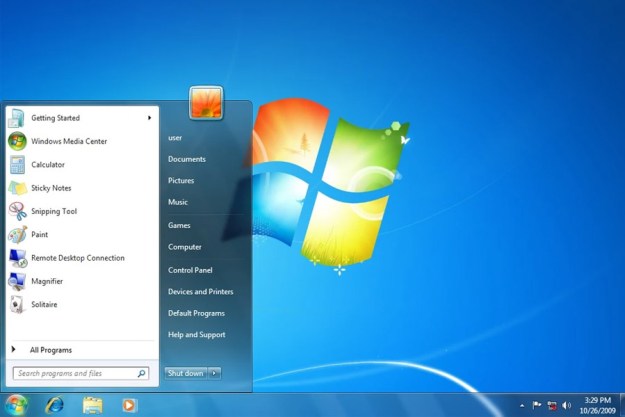The privacy settings for Windows 10 may not be working as promised.
According to MSPoweruser, a few Reddit users have discovered that despite offering an option to opt out of sending user activity logs to Microsoft, Windows 10 is still sending that data to Microsoft even when users choose to opt out.
Windows 10 users are able to access their user activity log settings by going to Settings and then selecting Privacy. From there, within the Activity History menu, users should be able to prevent their activity history from being sent to Microsoft by either unchecking the option to, “Let Windows sync my activities from this PC to the cloud” or by selecting the “Clear activity history” option.
But as some Windows 10 users have realized, selecting or deselecting these options does not guarantee that the data won’t be shared since this same data can still be accessed by logging into your Microsoft account, specifically when you view your Privacy dashboard.
Additionally, as BetaNews explains, the data isn’t even really considered to be purely “activity history” data. As far as Windows 10 is concerned, that data is diagnostic data, regardless of whether or not it includes a user’s activity history. Which means if users want to have control over how much or what kind of data is released to Microsoft, they will have to access another set of settings.
Instead, users will need to go to the Privacy menu within Settings and select “Diagnostics and feedback.” Within this menu, Windows 10 users can choose the Basic option which only releases diagnostic data related to a PC’s settings, capabilities, and performance. Apparently, if this option is not selected, the PC seems to default to selecting the Full option which is the one that includes a user’s activity history.
It’s problematic that Microsoft’s Privacy settings and dashboard aren’t as clear about how user data is managed and released as it needs to be as many users would normally not be aware of the Basic diagnostic data option if they were just viewing Windows 10 Privacy menu.
That clarity is important in light of recent General Data Protection Regulation (GDPR) guidelines that require companies like Microsoft to clearly inform its users about how it collects and manages user data in addition to making sure that users are given the option to not have their data collected in the first place.
Update: Microsoft reached out to us on Thursday to provide an official statement:
“Microsoft is committed to customer privacy, being transparent about the data we collect and use for your benefit, and we give you controls to manage your data. In this case, the same term “Activity History” is used in both Windows 10 and the Microsoft Privacy Dashboard. Windows 10 Activity History data is only a subset of the data displayed in the Microsoft Privacy Dashboard. We are working to address this naming issue in a future update.”
Editors' Recommendations
- Microsoft announces a new threat to push people to Windows 11
- Microsoft may fix the most frustrating thing about Windows updates
- How to remove a Microsoft account from Windows 11
- The best Windows apps for 2023
- The best Windows 10 keyboard shortcuts


